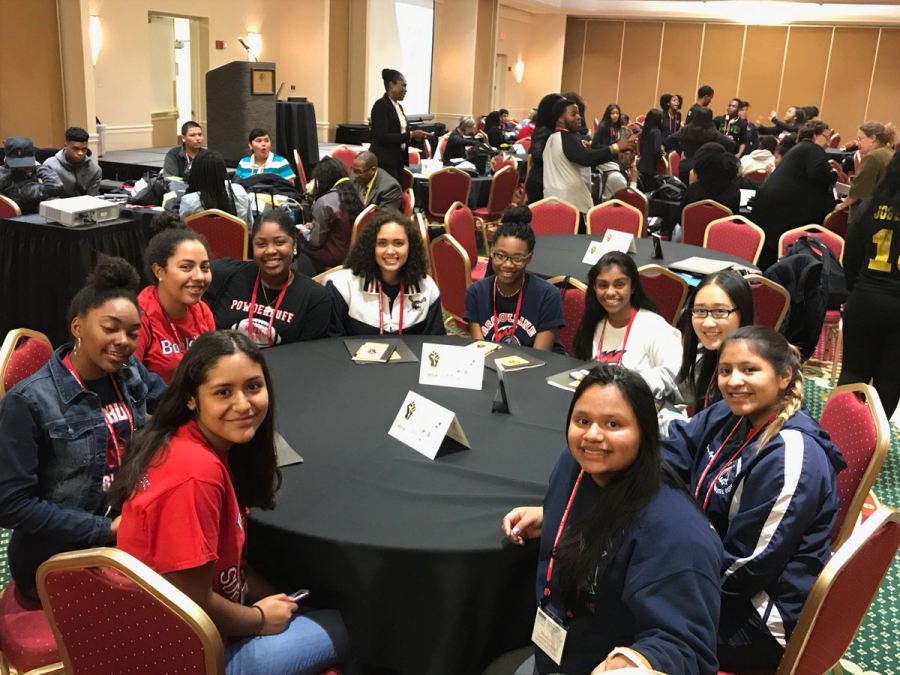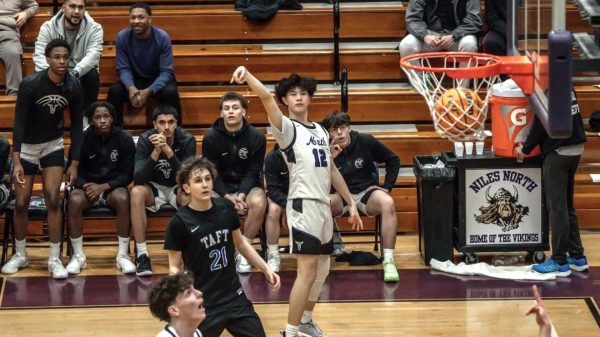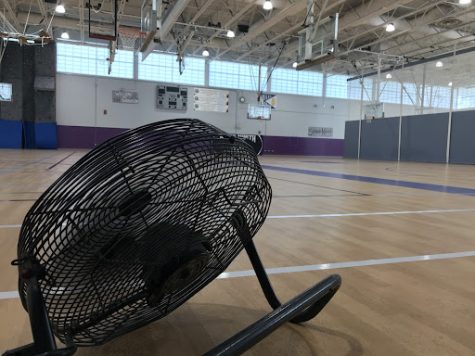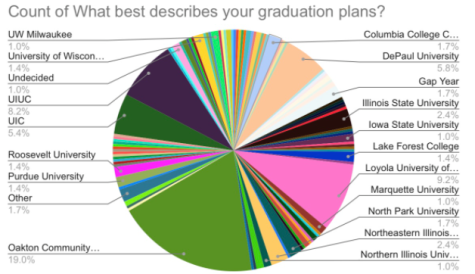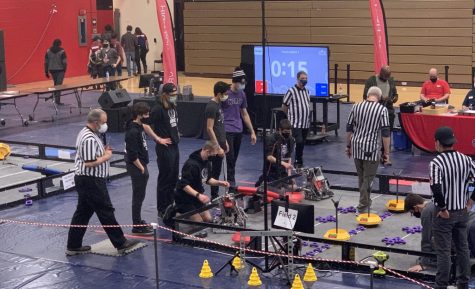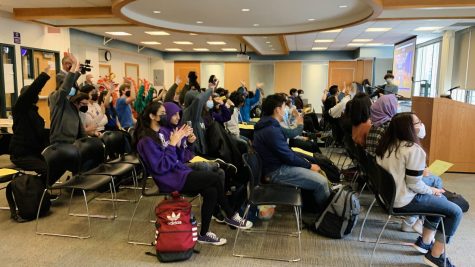MSAN attendance questioned by some students
As the annual Minority Student Achievement Network (MSAN) conference approaches on October 23, a select group of Niles North student attendees prepare to engage in discussion surrounding the racial achievement gap in the United States. Being a platform for students of color, various D219 student attendees have expressed concern regarding the presence of white students at conferences.
MSAN is a national coalition of multiracial school districts that have come together to understand and eliminate opportunity gaps that persist in their schools. Across MSAN districts, disparities on an array of achievement data demonstrate wide gaps in performance across students from diverse racial, ethnic, and linguistic backgrounds.
To match the intent of the annual conference, districts work collaboratively to conduct and publish research, analyze policies, and share practices that support the Network’s mission: to understand and change school practices and structures that keep racial achievement gaps in place. Conferences entail student discussions surrounding social conflict and culture, action-planning workshops, college tours, and key-note speakers. This year, the conference will take place in Madison, Wisconsin.
MSAN conferences are regarded as a powerful experience by Niles North students and staff alike; however, the conference is subject to a lingering tension: the attendance of white students at an event dedicated to the experiences and growth of students of color.
“Especially in a space dedicated to academia, from which black and brown kids have always been excluded, it [white students participating in MSAN] feels off,” Niles West senior MSAN attendee Jola Quadri said. “It’s like, everywhere is your space, you know? It’s unacknowledged, too.”
Quadri further elaborated that although it isn’t a pressing concern, the presence of white students at MSAN conferences is likely a misguided attempt at maintaining inclusivity.
“It’s not that the conference has anything out for white people,” Niles North senior MSAN attendee Udoka Nwansi said. “It’s odd to me that the minute people of color create spaces where we can thrive alongside each other, usually out of necessity from being shut out elsewhere, it’s branded as some sort of regression to segregation.”
Though MSAN does not explicitly include guidelines the students must meet to attend, the Wisconsin Center for Education Research suggests that the conferences intend to generate feedback from and cultivate opportunities for students of color.
“MSAN members are committed to creating opportunities for students of color to guide MSAN’s work in their districts.” stated the Convening and Networking section of the Wisconsin Center for Education Research’s information guide. “During the annual MSAN student conference, teams of student delegates… engage in discussions about barriers students of color face.”
Regardless of racial identity, educators have responded positively to the MSAN experience. “Every minute taught me something and made me think more deeply about work at my school and in my district, ” said an anonymous teacher attendee on the MSAN website.
Though the topic has proven to be divisive, this quote suggests that the conference, as much as it is an exercise in advocacy, is also a learning platform open to all who have a degree of influence in their school districts. Through this lens, MSAN conferences may provide an avenue through which white students and staff may listen to the experiences of students of color and engage in strategies to remedy the racial achievement gap.
To date, North Star News is awaiting comments from D219 Director of Equity LaWanna Wells.

Lauren Sonnier is a senior at Niles North, participating primarily in Varsity Debate and Fem Club. In her free time, she works as an intern at Response...


